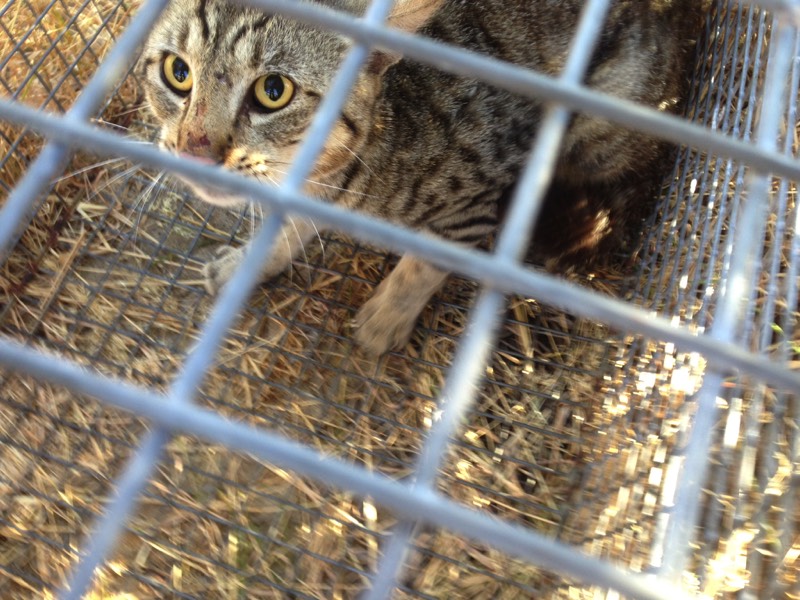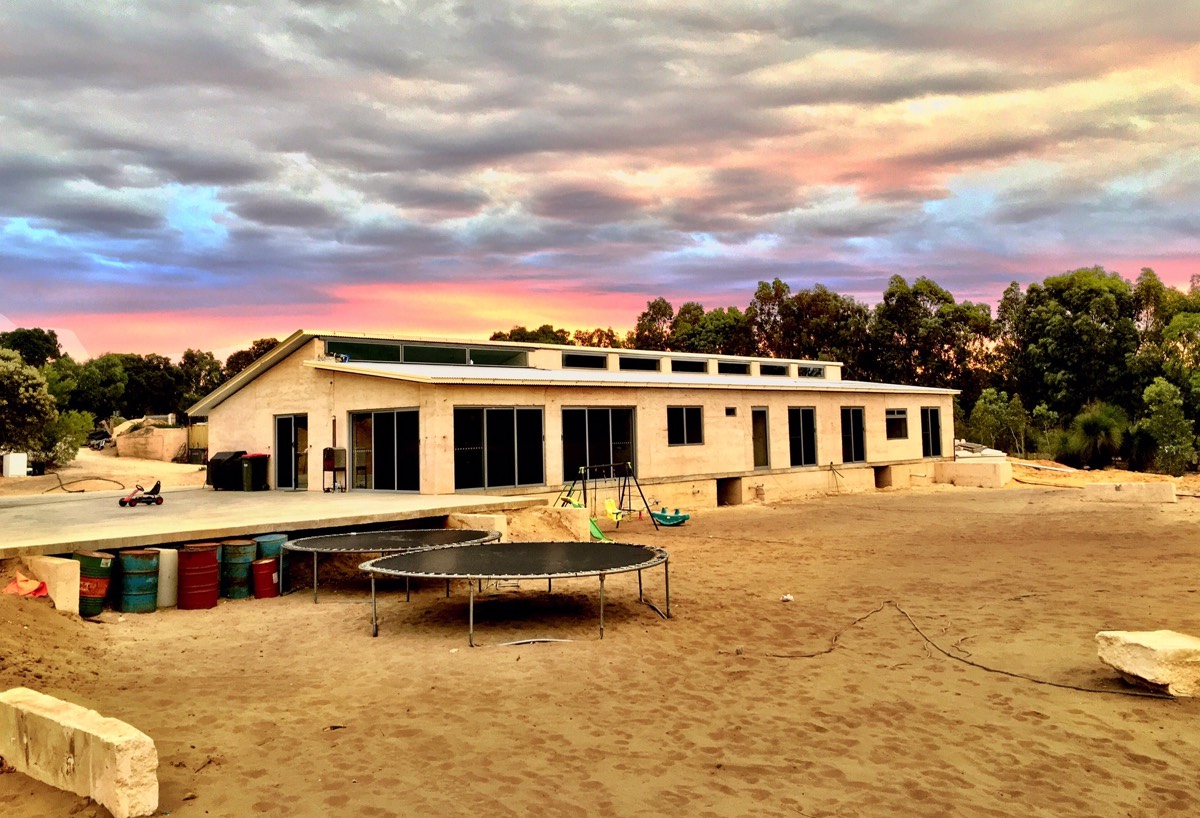
THE WRONG CROWD
Did it kill this cat?
Lately I have heard a number of parents say that there child got ‘in with the wrong crowd’. As a parent of 4 young ones, I find this phrase disturbing. Very disturbing.
Is there a crowd (or many of them) somewhere that if my sons / daughter have contact with one day, they will go off & be forever changed? Will I be powerless to stop it? I’m here to say that the answer is yes... and no!
Some of you may have children in what you see as the ‘right crowd’ - they may be hard studiers, charity workers, part of a youth group etc. What I am about to say will affect you too.
First off - there are millions of ‘wrong crowds’ around. Drunks, druggies, dealers, hoons, revellers, thugs, thieves, ram raiders, gangs, clubbers, rioters - what you class as the ‘wrong crowd’ will be determined by your moral stance and personal experience. ie someone who has had a family member killed by a hoon would likely take a different stance to some of you.
Many mature / parents would all agree that a gang that bashes old people to rob them is ‘wrong’, while there will likely be a difference between some of you whether drinkers, clubbers and revellers are ‘wrong’ or if that is acceptable or ‘normal’. That is for you as a parent to decide - with your children bearing the consequences of the decisions you make.
The tendency for parents to try to protect their children is innate and I believe God-given - but the method in which many ‘protect’ from these things can be completely wrong - in fact it can lead to the exact outcome you are trying to avoid.
Let me try to explain from a personal perspective. From an early age, I was ‘protected’ (read isolated) from ‘wrong crowds’ and many, many things that were considered evil / no no’s. I was sheltered and not even aware of the things that these groups did or even that they existed.
As time went on at around 13 - 15 years old however, I couldn’t be hidden from these things any more - I was slowly surrounded by more & more of the ‘wrong crowd’ and from the outside it looked like I started to get influenced and drawn into a bad life by them. This however, was far from the case.
I remember some of my first experiences with the ‘wrong crowd’ - I wasn’t influenced to do wrong, I suddenly I felt ‘home’. I loved being around them. They were the same as me! I wanted to do bad things, have this fun or that - which I had never known and felt good! Together we formed pseudo friendships based on our activities and the bonds on the surface were strong. At least they seemed so. I became what many would see as a leader or instigator in a few of these groups - dealing and stealing and doing many ‘wrong’ things.
Many other people came into these groups, hated it and left, or were just so different that they were never allowed in - they were different. The same ‘bad crowd’ (which included me) surrounded them but they weren’t affected. What was the difference?
I have talked to hundreds of youths / young adults involved in crime (many in what all of you would condemn as ‘wrong’) and various states of drug / alcohol / sex addiction. When I talk to them, some common and worrying themes come to the surface.
The first issue that comes up for most is identity - or should I say lack of it. This simply can not be over looked. If a child grows up with identity from his / her mother & father (and even better whole family), he / she is much less likely to be in emotional pain or be searching for a sense of belonging in the first place. Said child will feel like they belong and will enjoy being with the family unit.
Without identity the child (or adult!) will be searching for who he / she is - and they will hang out with any group who makes them feel a sense of belonging. If you don’t encourage them - they will hang around those who do.
It is a simple concept but it can be very hard to build genuine identity in a child.
For instance, it sounds so easy to say “say I love you even when your child does the wrong thing”. But is it easy to live this?
- In crucial / stressed times, when said child does something maybe even deliberately to thwart you? Are you able to easily and calmly show love no matter what? Or do areas of anger arise or do you find you simply withdraw from the scene - maybe even before any of this plays out?
- Are you able to be present physically, mentally and emotionally? Or do you find you ‘have’ to work long hours at your job, find that TV series just so ‘important’ or maybe think helping others is just easier? Maybe you think it is easier to drop them at kindy, playgroup x or sports club y - and they really enjoy it - but their friends, team mates etc are not meant to and will rarely build identity into them - that’s your job.
- Can you display genuine love and acceptance of your child no mater what - no matter what they say, do or how the ‘achieve’ - or do you always correct, pick faults or urge them to do better, fostering competitiveness and showing the child to compare itself with others?
- When you think honestly about your life, or talk with close / joke with close friends, are you aware of little innuendoes or comments about ‘would be great to have a break from the kids’ or ‘rascals’ etc? These things seem so small but communicate so much to these little souls. These little things often go much deeper than the 10 minutes of affirmations before bed or the heart felt words on a birthday card.
It may come as a shock to some that many I have talked to in addictions and / crime, had very respectable parents with genuine hearts to help people, many even Christian ministers. Unfortunately these children never felt important enough when compared to others that received (especially dad’s) time and help. Many never saw their dad - he was at work, at the pub, watching TV, out with mates etc.
Children are very discerning - they know that which we spend our time on, is that which is important to us. They interpret this as about them - maybe believing that there is something about them that cause you to not treat them as most important - so their identity takes a hit.
But if a child learns through everyday life that he / she is loved and accepted for who they are (not what they do), their identity starts to build. He / she can face many situations, hardships and even ‘wrong crowds’ very easily without being swayed from who they are.
I am not talking about determinism here - a child will always have free will and there are always exceptions, but the principles above ring true for many. Some children despite the best environment will pursue the worst things, and some who have a terrible environment will become great in many areas. But the general rule is that those without identity will gravitate to groups who give them belonging, or avoid human interaction nearly altogether.
Next problem - who are they? Who are you? Come back soon for part 2.... ‘Who are you’
- Adam Keegan
16/1/13
We run a small business to sell the products that we find helpful, please consider having a look!
Solar Cooking - the Sun Oven
Stainless Water Bottles - EcoTankas
Health and Various - BonzaBuy!
© 2018 Adam & Sharmini

